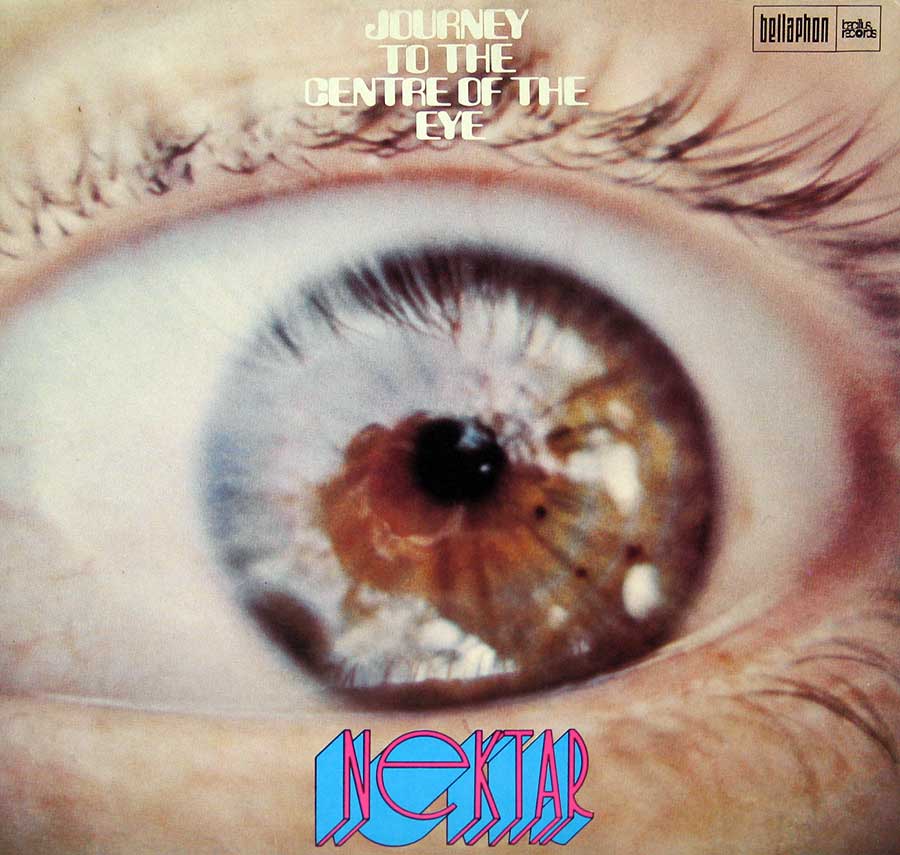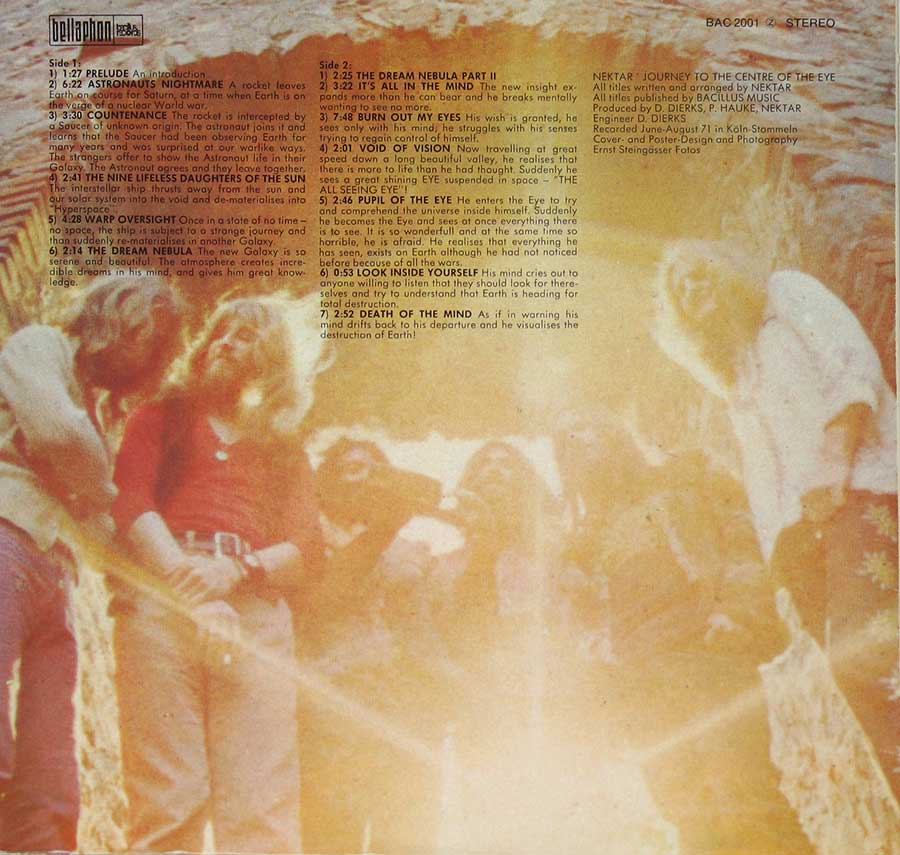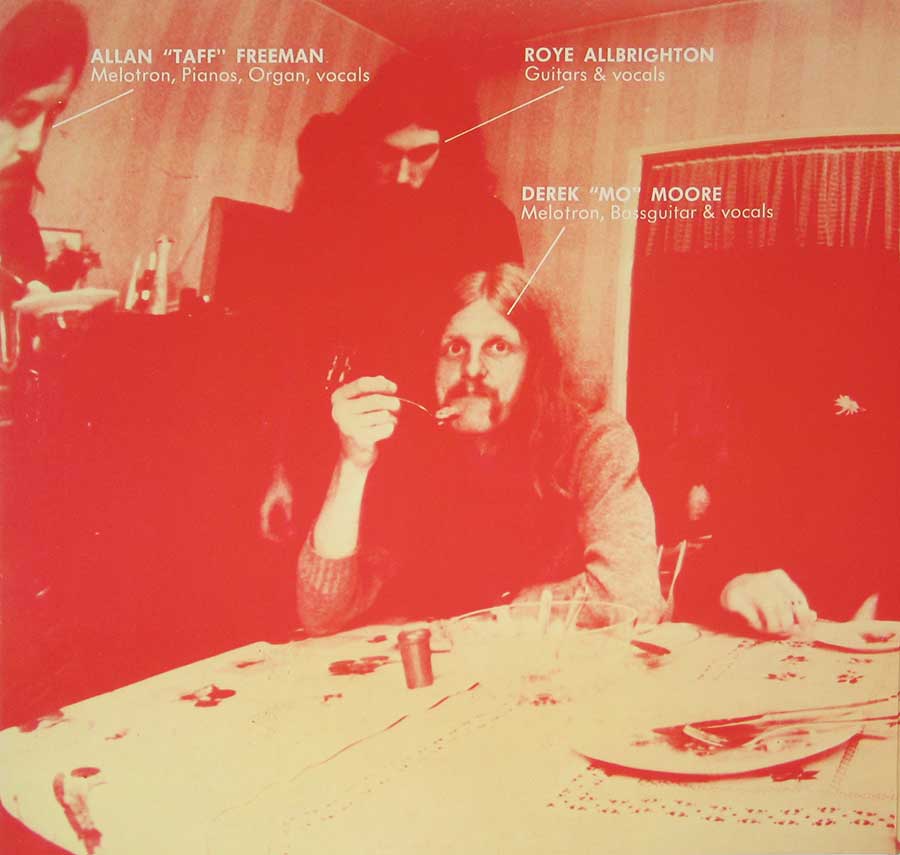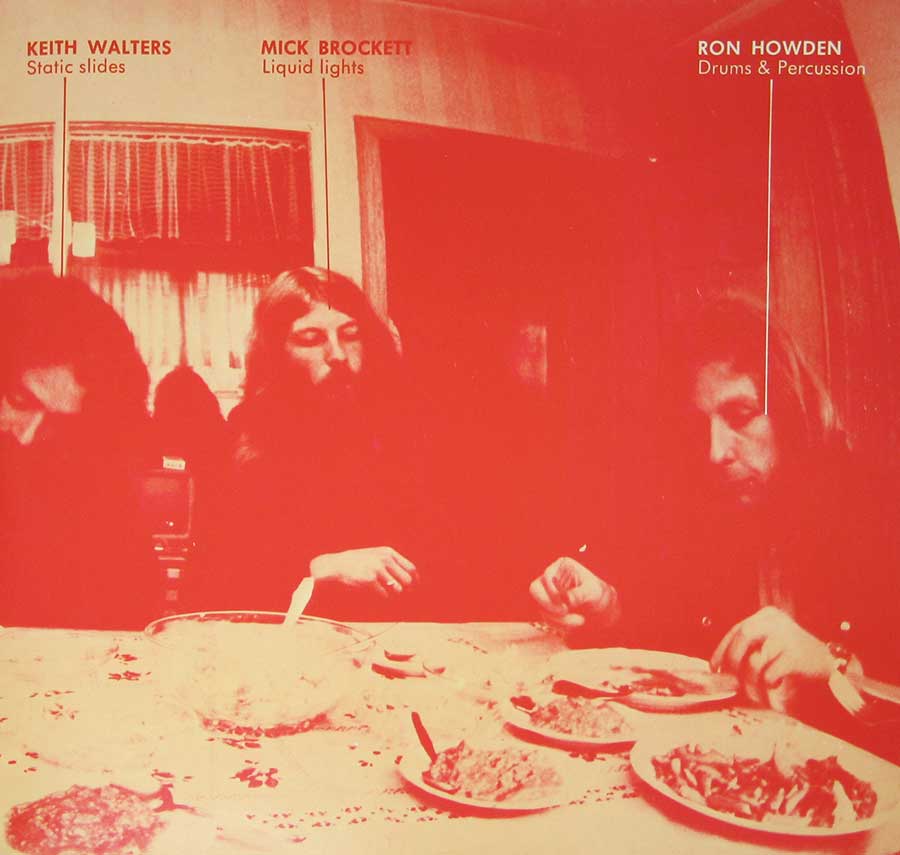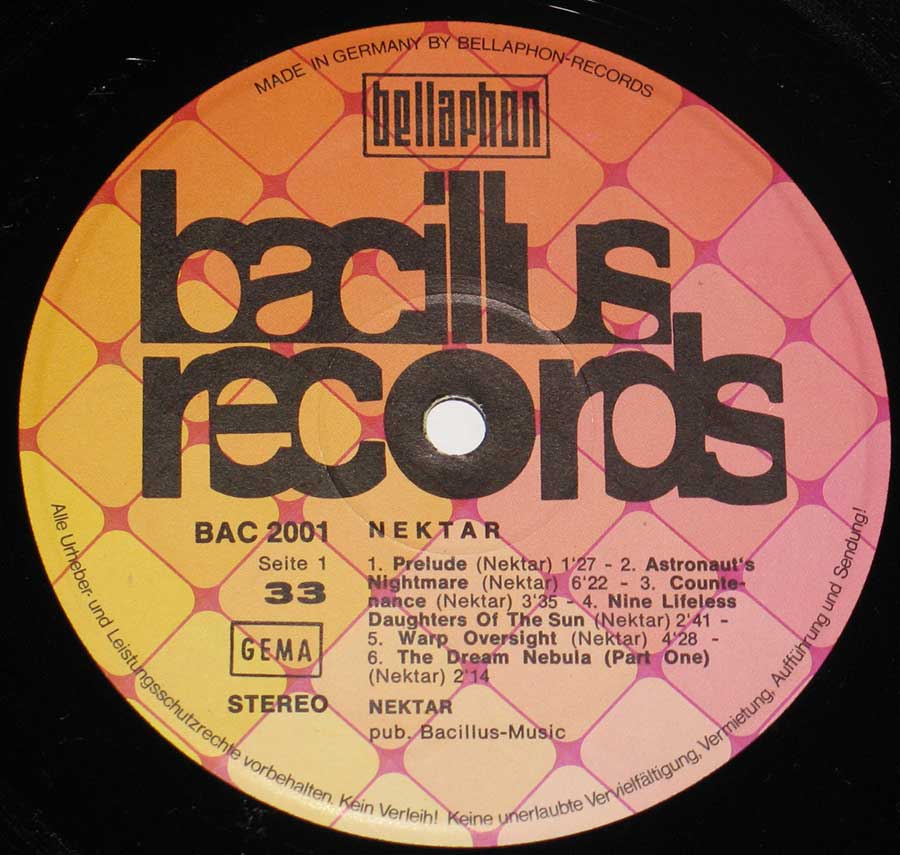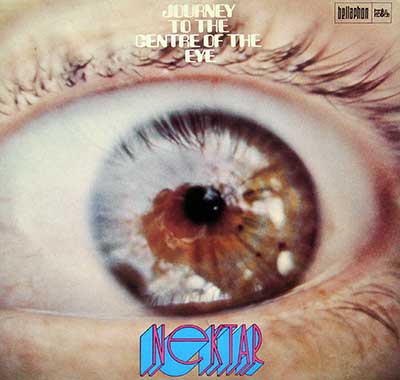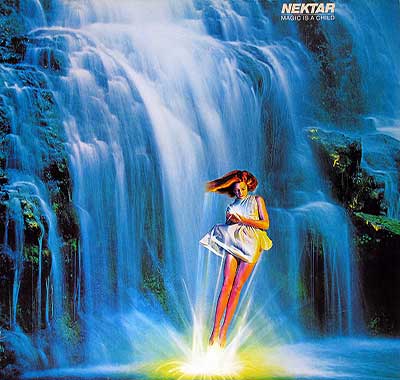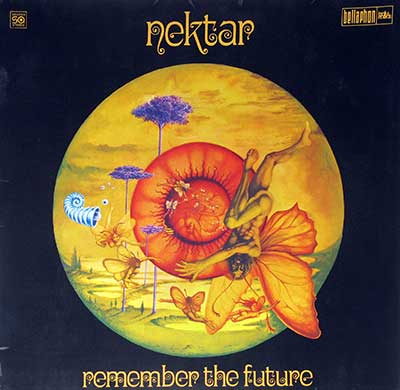In the smoke-filled haze of 1971, where progressive rock was flexing its newfound muscles and psychedelia was still lingering in the air, a band of German expats called Nektar released an album that was as ambitious as it was audacious. 'Journey to the Centre of the Eye' wasn't just a collection of songs; it was a sprawling, cosmic concept album that dared to reach for the stars, even if it sometimes stumbled on the way.
Nektar wasn't your typical rock band. Hailing from Hamburg but finding their footing in England, they were a motley crew of musicians who blended rock, jazz, and electronic elements into a sound that was both expansive and experimental. With Roye Albrighton's fiery guitar solos, Allan "Taff" Freeman's swirling organ, and Mick Brockett's otherworldly Mellotron, they created a sonic tapestry that was as rich and textured as the album's fantastical narrative.
'Journey...' is a space-rock odyssey that follows the tale of a blind boy who gains the ability to see through sound. It's a trippy, psychedelic journey through aural landscapes, filled with swirling synths, thunderous drums, and soaring vocals. The album's centerpiece is the 20-minute epic "The Dream Nebula," a sonic rollercoaster that takes the listener on a mind-bending trip through the cosmos. It's a testament to Nektar's musical prowess and their willingness to push the boundaries of rock music.
But 'Journey...' wasn't without its flaws. The album's production, helmed by bassist Derek "Mo" Moore, was raw and unpolished, a far cry from the slick soundscapes of their prog-rock peers. The vocals, while passionate, sometimes got lost in the mix, and the album's sprawling length could be overwhelming for the uninitiated.
Despite its imperfections, 'Journey to the Centre of the Eye' remains a landmark album in the history of progressive rock. It's a testament to Nektar's fearless spirit and their willingness to explore the outer reaches of musical expression. It may not have been a commercial success, but it earned them a cult following and cemented their place in the pantheon of space-rock pioneers.
Recorded at the legendary Pathway Studios in London, 'Journey...' captures the raw energy and unbridled creativity of a band on the cusp of something great. It's an album that demands to be heard in its entirety, a sonic journey that rewards the patient listener with moments of sheer brilliance. It may not be perfect, but it's a testament to the power of music to transport us to other worlds, even if it's just for 40 minutes on a 12-inch vinyl LP.
In the grand tapestry of rock history, Nektar's 'Journey to the Centre of the Eye' may be a footnote, but it's a footnote worth exploring. It's a reminder that even in the midst of a musical revolution, there were bands willing to take risks and forge their own path. And while they may not have achieved mainstream success, they left behind a legacy of sonic exploration that continues to inspire and amaze.
